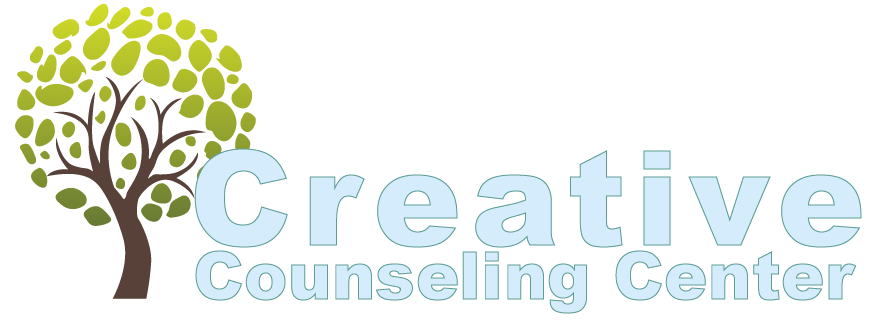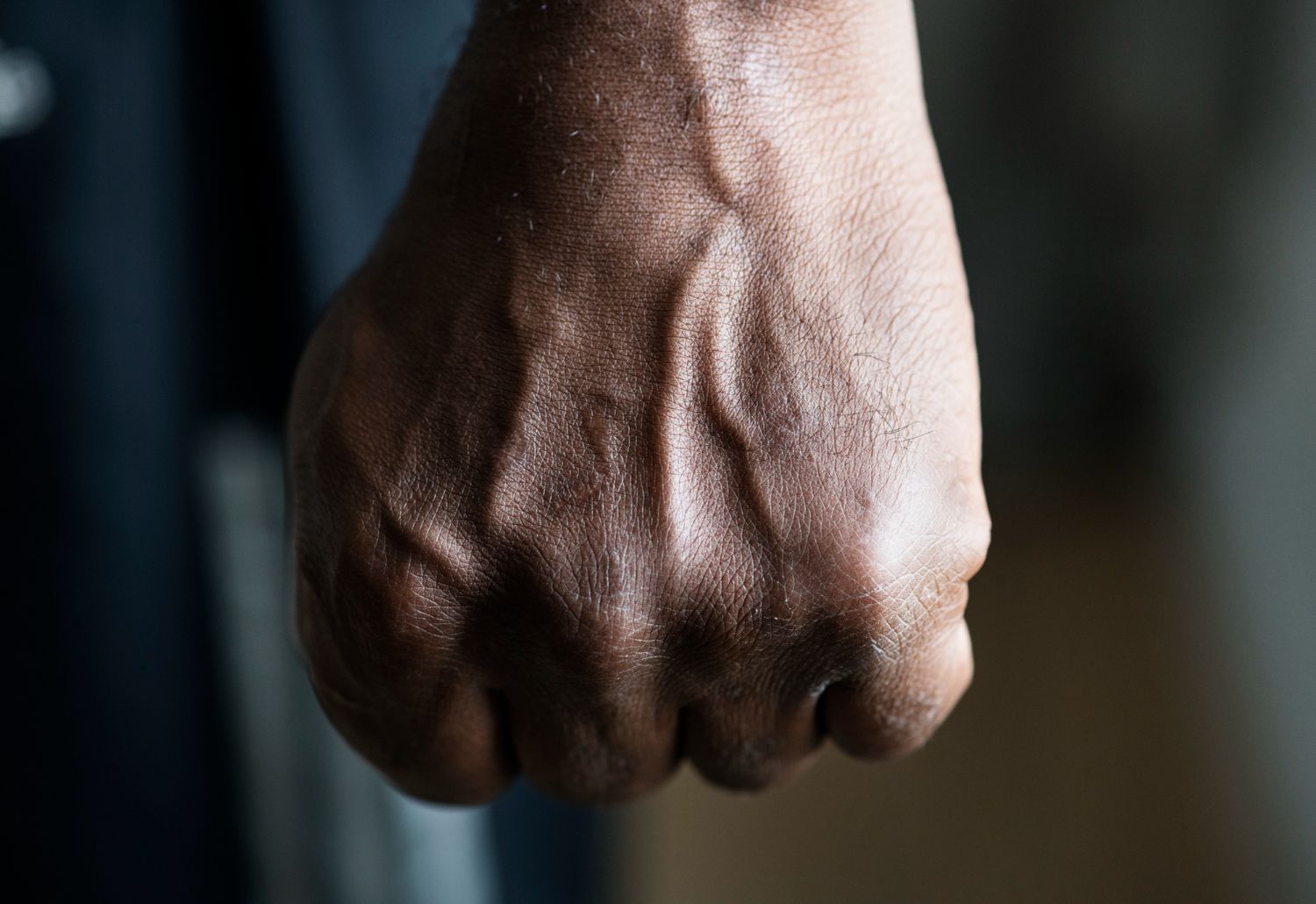Domestic Violence: When Staying Home is More Frightening than the Pandemic Outside
Social distancing and self-isolation orders are meant to save lives, but for some, being forced to stay home could be fatal. People of all ages, genders, sexual orientations, cultures, and levels of income are affected by domestic violence, but—statistically speaking—women are at higher risk than men. The National Domestic Violence Hotline reports that 1 in 4 women (24.3%) and 1 in 7 men (13.8%) age 18 and older in the United States have been the victim of severe physical violence by an intimate partner in their lifetime.
With state and federal governments continuing to recommend that people stay home, avoid non-essential travel, and practice social distancing, millions across the country find themselves having to weigh personal safety against social responsibility.
What To Do if You Are in Danger
Despite the Covid-19 pandemic, support remains available:
- The National Domestic Violence Hotline is accessible 24/7, confidential, free, and offers telephone (1-800-799-7233) of chat options.
- The Stronghearts Native Helpline (1−844-762-8483), designed specifically for native communities, is available 7am-10pm CT.
- The Trans LifeLine (US: 877-565-8860 / Canada: 877-330-6366) is available 9am-3am CT, is the only hotline staffed exclusively by trans operators, and the only service with a policy against non-consensual active rescue.
- The Deaf Hotline is accessible 24/7 through video phone, email , and chat.
- The National Parent Helpline (1-855-2736), providing emotional support and advocacy for parents, is accessible Monday to Friday 12pm-9am CT.
Strategies to Shelter-in-Place More Safely
Though many states have recommended sheltering-in-place for weeks, it is never too late to seek support or implement measures to increase your safety.
- Using the pod mapping worksheet designed by the Bay Area Transformative Justice Collective, identify people in your life you can call on for support. They might include friends, co-workers, or family members. Consider asking people from this group to regularly check in with you about your safety.
- If you are connected to the loved ones of the person hurting you and you feel they can be confided in safely, consider telling them what is happening. In the case of an emergency, they may be a good place to turn to for help.
- Review the National Domestic Violence Hotline’s “ Staying Safe During Covid-19 ” plan ( también disponible en español ).
How is the Government Supporting Abuse Survivors?
On March 27 Congress passed the Coronavirus Aid, Relief, and Economic Security (CARES) Act , a $2 trillion dollar economic relief package which, in response to pressure from advocacy groups , includes provisions to support survivors of domestic abuse.
- $2 million was awarded to the National Domestic Violence Hotline.
- $45 million was made available for Child Welfare Services.
- $45 million in Family Violence Prevention and Services grants was agreed upon.
In addition, $750 million in grants to all Head Start programs was provided, aimed at supporting the additional needs of children and families in these times.
Counseling for Survivors
In a time when simply making it through the day can be overwhelming, it is understandable that counseling might not be a top priority. If now is not the time, that is okay. Nonetheless, it is important to know that working with a counselor or therapist is often essential to exiting and eventually recovering from a domestic abuse situation. When the time is right, Creative Counseling Center is here for you. We specialize in working with survivors and, if you are the victim of a reported crime, we accept Victims Compensation.
Request a Free Phone Consultation
Contact Us
We will get back to you as soon as possible.
Please try again later.

ABOUT THE AUTHOR
Teri Karjala is a Licensed Professional Counselor & Marriage and Family Therapist. She is the founder and Executive Director of Creative Counseling Center, LLC. Working in the field since 1999, Teri and her team of therapists specializes in counseling for those who have experienced trauma. They work with children as young as age 2, as well as teens and adolescents, adults, seniors, families, and couples.
REQUEST A FREE CONSULTATION
If you have questions about counseling, would like to find out if counseling could help you or a loved one, or are interested in learning more about our services, just complete the brief form below to request a Free Phone Consultation. A member of our team will contact you shortly. After a brief conversation, we'll determine together whether our practice is right for you and which therapist may be best suited for your specific circumstance.
Finding the right therapist, one you click with, is less about the therapist's experience and qualifications and more about the therapist's personality. So let's talk. Let us match you with a therapist you have a high likelihood of clicking with.
Fields marked with an * are required.
Contact Us
We will get back to you as soon as possible.
Please try again later.
GET SOCIAL WITH US
CONNECT WITH US
PHONE
EMAIL US
ADDRESS
6021 South Syracuse Way, Suite #216
Greenwood Village, CO 80111
OFFICE HOURS
Monday-Thursday: 8:30am-8pm
Friday: 12pm-5pm
Saturday: 12pm-4pm



